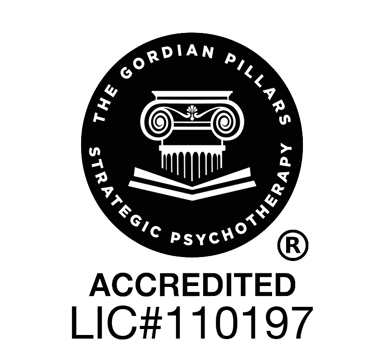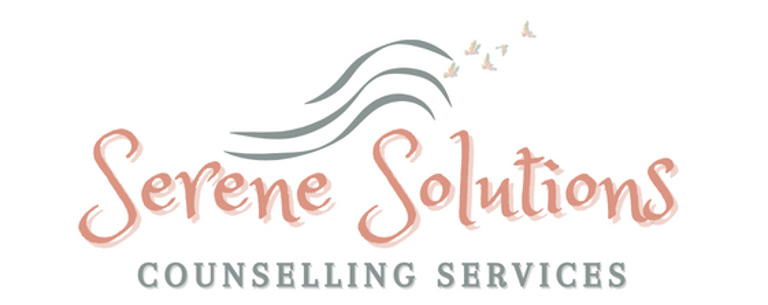Your Journey to Mental Wellbeing Starts Here

Unpacking Religious Trauma: Letting Go of Guilt and Embracing Personal Choices
As I delved into my yearly spring cleaning routine, little did I anticipate that among the old keepsakes and forgotten items lay two bibles that would unexpectedly unravel a web of emotions and reflections about religious beliefs and the weight of ingrained values. The experience sparked a profound realization about the impact of religious teachings on our emotional and mental well-being, particularly when it comes to letting go of certain possessions.
RELIGIOUS TRAUMASELF-EMPOWERMENTMENTAL HEALTH
Theresa Potter
12/5/20233 min read


During the process of decluttering, I stumbled upon two relatively inexpensive bibles tucked away in a box. Amidst discarding DVDs, unused booklets, and miscellaneous items, these Bibles stood out. Despite their nominal monetary value, they held a weight far beyond their price tag. While I readily discarded items untouched for months, these bibles triggered a pause in my decluttering rhythm.
Contemplating their fate, I found myself hesitating, unsure of what to do with them. Ideas flickered through my mind—donation, sale, or even simply offering them for free. However, the mere thought of discarding them in the bin led to an unexpected emotional reaction. Suddenly, a chorus of internalized voices echoed, condemning the act as sacrilege, labelling it as a punishable offence. The deeply ingrained teachings of my upbringing surfaced, accusing me of disrespecting sacred texts and shaming me for even considering such a disposal.


As a therapist, this internal struggle struck me as paradoxical. Here I was, grappling with the disposition of two inexpensive Bibles while inadvertently burdening myself with guilt and shame for contemplating a seemingly mundane decision. Reflecting on this, I realized how guilt, as defined by Merriam-Webster, entails a sense of wrongdoing, aligning closely with the moral standards ingrained in my faith. Any act that could be construed as disrespectful to religious relics or texts was considered a sin, akin to committing a crime.
The emotional weight carried by the simple act of considering disposing of these Bibles led me to contemplate the broader implications of guilt and shame within religious teachings. Guilt, an internalized belief of wrongdoing, often extends to areas where no harm has been caused, thereby spiralling into shame—a discomfort in failing to meet external expectations. This introspection highlighted how deeply embedded beliefs can trigger emotional turmoil over seemingly trivial choices, instilling a sense of inadequacy when one deviates from prescribed norms.
The incident unveiled a critical realization—that what we instil and uphold as values within religious contexts can inadvertently lead to emotional and mental distress. Instead of fostering personal growth and compassion, the emphasis on material reverence eclipses the importance of individual emotional and moral well-being.
It prompted me to ponder upon the intrinsic worth of religious texts versus the value we attach to them due to indoctrination. Those Bibles had been tucked away, gathering dust, while my shelves housed numerous other untouched religious scriptures. Their significance lay not in the paper they were printed on but in the emotional and moral dilemma they triggered.
This experience underlined the necessity of fostering kindness and understanding within our religious teachings, devoid of the harm caused by imposing guilt and shame. It highlighted the urgency to prioritize emotional and moral values over materialistic reverence. Our teachings should empower individuals to make decisions aligned with their well-being without subjecting them to emotional distress or feelings of criminality for a simple act of letting go.


Religious teachings should uplift and encourage personal growth rather than tethering individuals to emotional burdens and stigmatizing their choices. Let us forge a path that embraces compassion and empathy, liberating ourselves and others from the shackles of unwarranted guilt and shame.
If you're experiencing any discomfort related to enforced beliefs or rituals and wish to discuss it discreetly, please feel free to reach out to us. We aim to provide a safe space where you can share your thoughts and feelings without fear of judgment. We're here to listen and support you.
Get in touch
Take the first step towards a brighter, more balanced life. Explore the transformative potential of hypnotherapy and psychotherapy with Serene Solutions, and embark on a journey of healing, growth, and self-discovery.










